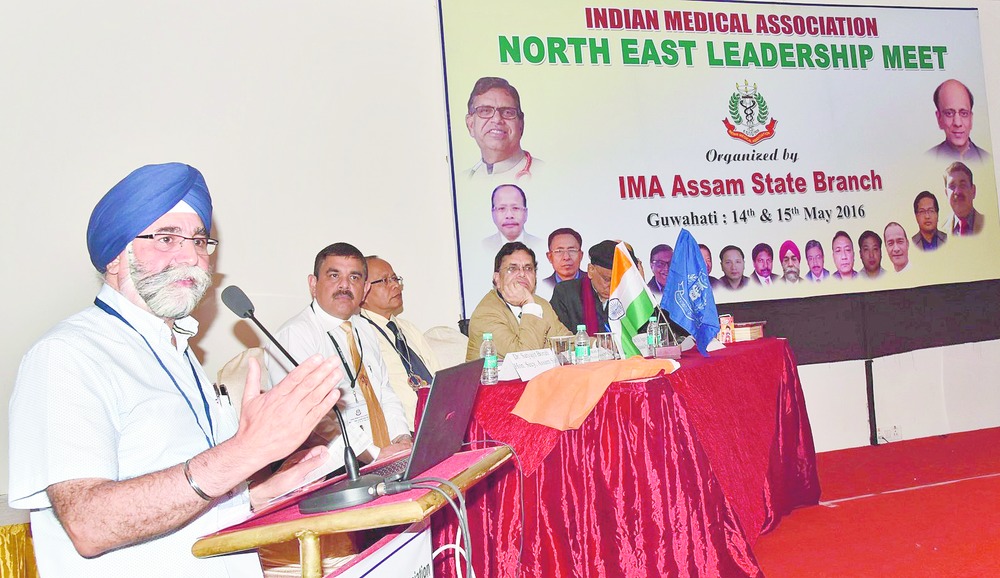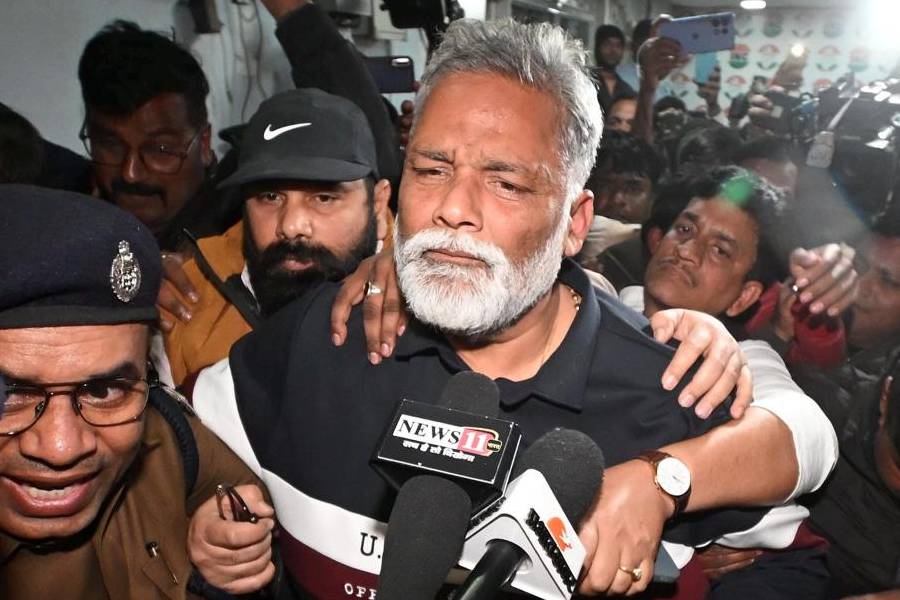
Guwahati, May 15: The Indian Medical Association (IMA), a voluntary organisation of doctors, today said the Assam government should make the Nucleic Acid Amplification Test (NAAT) mandatory at all government and private blood banks to most accurately screen blood for HIV.
The association's suggestion comes after a three-and-a-half-year-old child tested positive for HIV in March.
The child's father alleged that his son got infected during his stay at Gauhati Medical College and Hospital (GMCH) here last year when he was admitted for treatment for burn injuries. Both parents of the child tested negative for HIV.
No government-run blood bank in Assam is equipped to conduct NAAT, which can detect the presence of HIV antibodies in blood faster than any other test. Only International Hospital in the city has the facility.
After The Telegraph, in its Friday edition, highlighted the unavailability of NAAT at most blood banks, chief secretary V.K. Pipersenia assured that screening facilities would be improved and NAAT would be introduced. But Pipersenia did not mention when or where these facilities would be introduced.
"Every blood bank must have NAAT facility. If such installation is not possible for the cost factor in all government hospitals and blood banks, Dispur should at least issue an order to the private hospitals and blood banks to install the same. Licences of the private hospitals must be cancelled if they do not adhere to the government instruction," IMA general secretary K.K. Aggarwal said.
Installation of NAAT facilities costs nearly Rs 2 crore and the cost per test is around Rs 2,000. This high price has been citied by several government facilities as one of the main reasons for not using NAAT.
NAAT can detect HIV in blood within three days of infection whereas other tests - such as ELISA (Enzyme-linked Immunosorbent Assay) test and CLIA (Enhanced Chemiiluminescence Assay) test - detect HIV antibodies, that the body generates post infection, only after an 18-day window period.
The Drugs and Cosmetics Act, 1940, which governs screening of donor blood, mandates blood banks and hospitals to do two tests - ELISA and CLIA.
Considering the alarming rise in the number of HIV-infected persons in Assam, the state government must draft a new legislation to make NAAT mandatory, the IMA official said.
The association will soon formally take up the matter with the state government.
"Blood transfusion must be done when it is extremely necessary and the recipient must be informed about the risks involved in blood transfusion. In most of the cases when doctors suggest one unit of blood, those are unnecessary prescription. Blood transfusion up to a certain level can be avoided and should be done so. Tests are not foolproof," Aggarwal said.
Over 100 people donate around 150 units blood of blood every day at the GMCH blood bank. GMCH's blood bank authority has been writing to the government to install NAAT since 2013 but Dispur has looked the other way.











